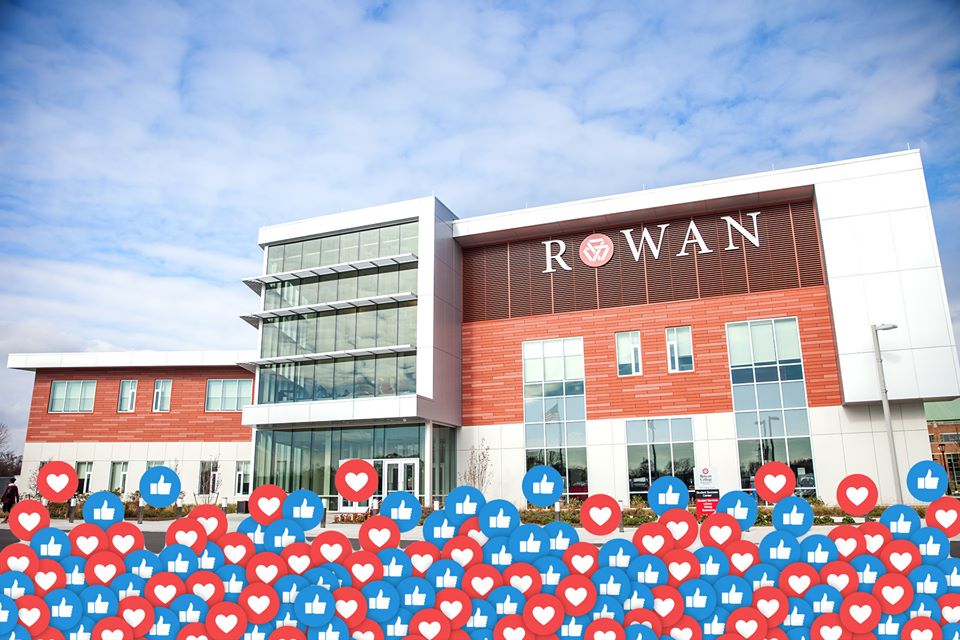

As technology evolves, cybersecurity breaches become increasingly sophisticated. And the healthcare sector is a particularly attractive target because so much valuable information is attached to our health.
So, who protects our data? Tune in to Rowan College at Burlington County’s Facebook Town Hall on February 3, at 6 pm, to hear firsthand from Sensato CEO John Gomez; Deborah Heart and Lung Center CIO and Burlington County Workforce Development Board Member Richard Temple; RCBC Information Technology instructor Paul Warner; and RCBC 2020 valedictorian and 3+1 cybersecurity graduate Shanni Prutchi, as they discuss how organizations protect the healthcare industry from cyber-attacks, why this work is so important and how an RCBC cybersecurity degree can prepare you for this exciting field.
Sensato, a top-500 cybersecurity company, uses military-inspired approaches to protect organizations from cybersecurity breaches. They’re also the first cybersecurity firm specifically focused on safeguarding hospital information systems.
“We work with organizations like the FDA and the Department of Homeland Security to monitor hospital networks, perform threat analysis, implement forensics review and conduct incident response,” Gomez shared. “We’ve built our own software platform to deploy on hospitals’ systems to determine nefarious activity and anomalous behaviors across individual networks.”
Sensato’s clientele includes Deborah Heart and Lung Center, and CIO Richard Temple credits the organization’s innovative solutions to helping keep his systems secure.
“There’s been much more ransomware happening across the industry,” Temple said. “These are sharp, coordinated attacks with a great deal of sophistication, and they’re real. It’s gotten worse, but I also think that the tools and resources from Sensato that may not have been available a few years ago are helping to mitigate the problem. As the hackers have gotten more sophisticated, the defenses have become more sophisticated and vital.”
The demand for cybersecurity professionals continues to grow. In fact, according to Cybersecurity Ventures, fighting cybercrime will cost global businesses over $6 trillion per year, and there will be 3.5 million unfilled security jobs this year. RCBC offers both an associate degree in cybersecurity and a 3+1 option in Computing and Informatics. 2020 valedictorian Shanni Prutchi took the latter route and was able to quickly jump into a threat intelligence position.
“Being on the receiving end of an attack and being able to defend against it and do the forensics work -- those are things that RCBC prepared me for,” Prutchi recalled. “One of my favorite classes was the digital forensics class, and I learned so many practical skills. You can’t effectively defend if you didn’t know the method of attack to begin with.”
RCBC Information Technology instructor Paul Warner also emphasized the experiential aspects of RCBC’s program and how it prepares students for real-world situations.
“We are constantly working on improving our cybersecurity program,” Warner said. “Our students can actually perform tasks in a live environment and understand how compliance works. They learn how to hack into systems and learn about web interfacing. When a student earns their degree with us, for me, as an instructor, I feel that they can step into an environment and perform tasks with a limited amount of training.”
To learn more about RCBC’s cybersecurity program, visit rcbc.edu/cybersecurity.

